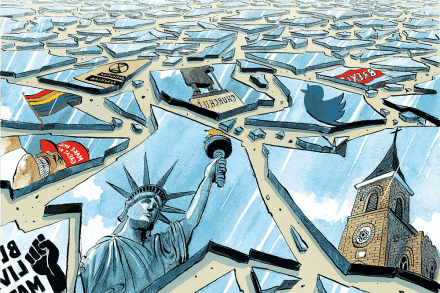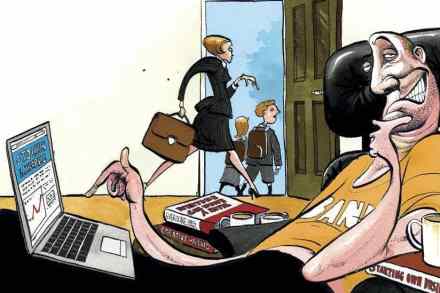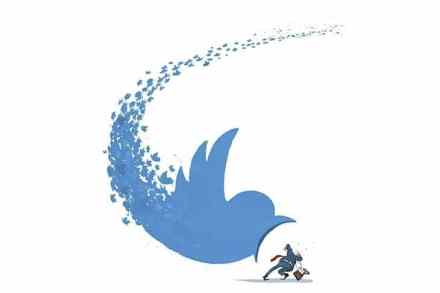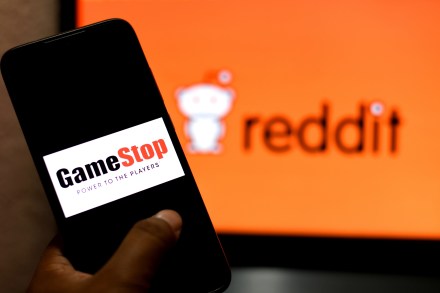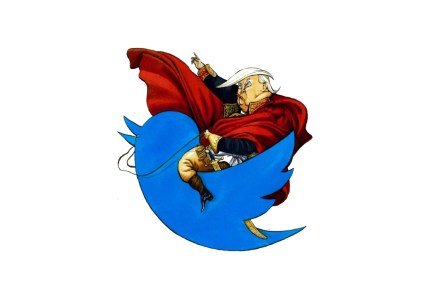Meet the Zoomer Doomers: Britain’s secret right-wing movement
One of the striking aspects of the AfD’s success in the German elections was the party’s popularity among the young, especially men under 25: one in four voted for the hard-right movement. Support for bracingly conservative positions among Gen-Z men isn’t just a German phenomenon, however. In Westminster and beyond, a new breed of young right-wing influencers is seeking to shift our politics. Meet the Zoomer Doomers. They use acerbic posts to humiliate the defenders of the status quo, in a strategy known as ‘from posting to policy’. Terms such as ‘Boriswave’ – which refers to the net migration figure that spiked at 900,000 under Johnson’s leadership – first appeared





